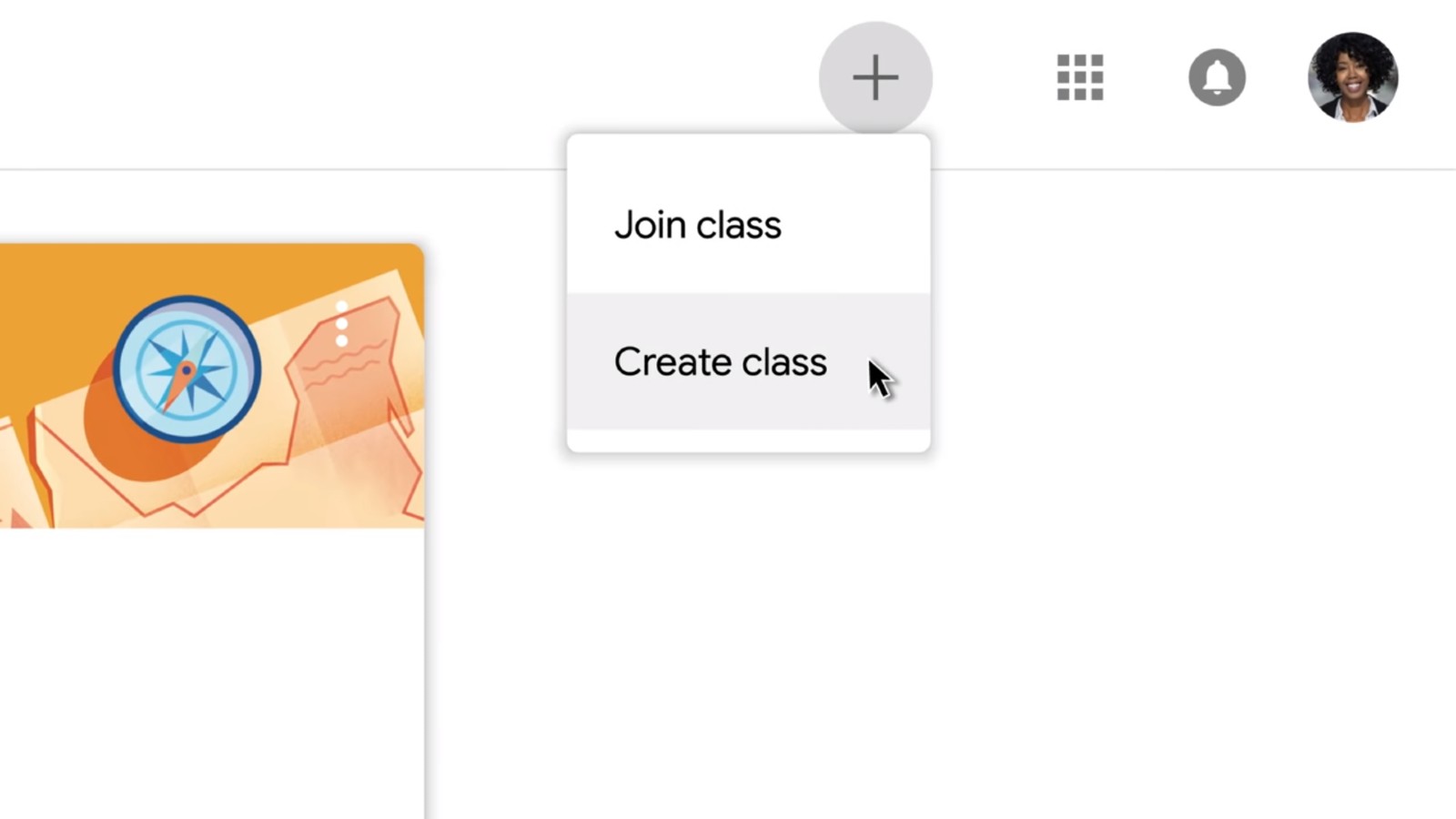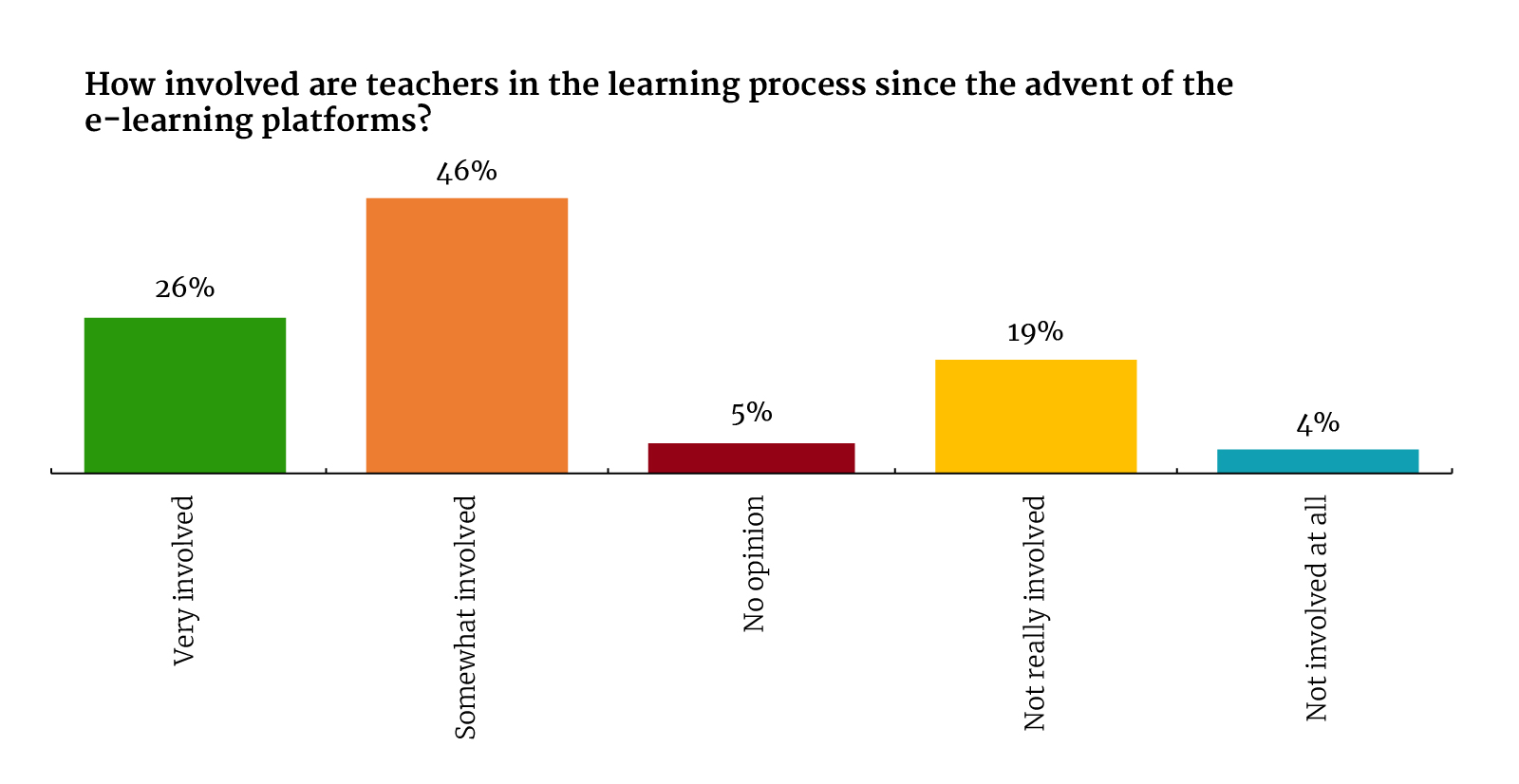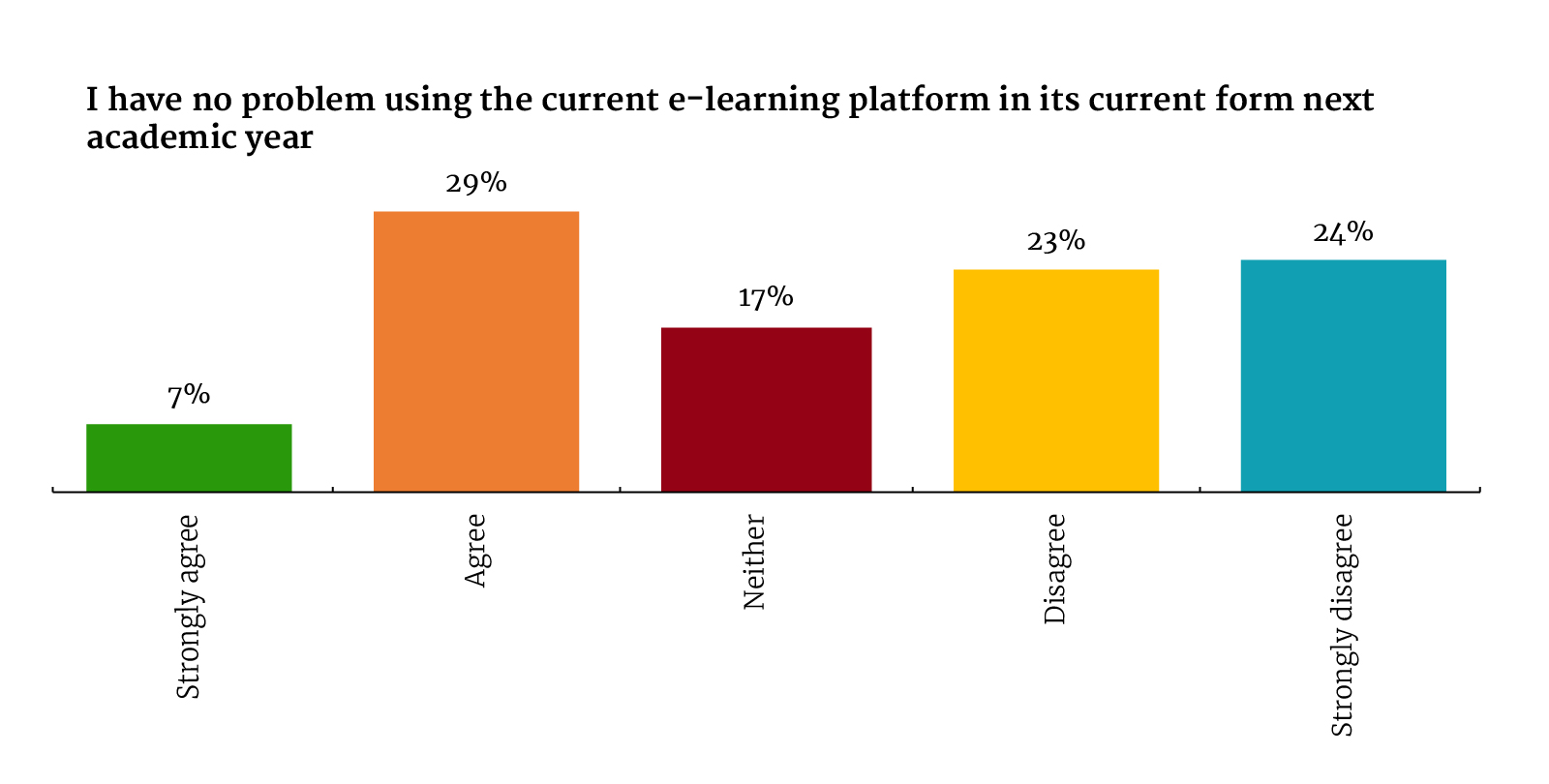
Online learning platforms: how well do they work for students and parents?

e-School: How’s that working out for students and parents? The nationwide closure of in-person learning in mid-March saw schools scrambling to roll out e-learning systems as quickly as possible. The shift toward blended or distance learning could be a long-term development when school as parents pray they can ship their kids back to school this fall. But just how effective are the e-learning platforms being used? And how have teachers adapted to leading remote classes? We put these questions to parents in a poll.
The results: Overall, the platforms still need to be more interactive and should be supplemented by more feedback from teachers and less overall reliance on parents. Schools should also be offering a longer academic year or reduced tuition fees, as the platforms are not a complete substitute for classroom learning, many of you believe. 45% of respondents said they have children in elementary school (KG1-Grade 5), 17% in middle school (Grades 6-8) and 19% in high school (Grades 9-12).

The jury’s out on how effective online e-learning platforms are at helping your children master the curriculum. 44% of you found them somewhat effective, while 56% weren’t so sure. Several parents said the platforms work well as tools for learning, but only when they are used by effective and committed teachers. One respondent wants all school subjects covered through online sessions, and not just core subjects such as math, English and science. Others were less convinced of the effectiveness of the platforms themselves: Children are learning 10% of what they would usually learn in school, and the content they’re being presented with is insufficient to match what they would learn in a regular school setting, says one.

Online learning is a good way to deliver content, but doesn’t do a great job of assessing students’ progress or offering them chances for interaction. 41% of you found e-learning most effective as a way to deliver and explain lessons, while 38% think it is best for assigning and submitting homework and research projects. A substantial 42% of you think e-learning is least effective at assessing a student’s progress, and almost two-thirds of you (63%) also give it a low ranking for student interaction, communication and participation.
Interaction is one area where parents feel online platforms could improve a lot. One parent recommends allocating at least one online class every other week as time for children to ask their teachers general questions. Another believes monitoring processes should be in place to ensure that teachers pay attention to every student, and that it should be a requirement for every student to actively participate in class discussions. And there need to be more chances for children to interact with their peers as well, says a third parent.

Parents are on the fence about whether e-learning platforms work well for their child’s age. 84% of you came down somewhere in the middle, with 34% agreeing that the platform works well for your child’s grade and 25% disagreeing.
Not surprisingly, parents of very young children are feeling the strain of e-learning the most. Online learning isn’t as effective as traditional schooling, because younger children haven’t developed the commitment to complete work online, a parent tells us. A child-friendly interface that would spark children’s interest in the online learning experience would be better for pre-K children than what they have at the moment, said another parent.

Most of you find your online learning platform user-friendly, with 25% saying it’s very user-friendly and 47% saying it’s somewhat user-friendly. The majority of your children are using their school’s in-house e-learning platform (44%) or an external platform (31%), with far fewer using the government’s platform (16%) or another.
But the platforms need to be more integrated, and technical issues — including connectivity problems and how to mute or unmute students — need to be overcome. Assignments should be completed online, rather than being printed out, completed, scanned and then reuploaded, one of the parents we asked said. And some special sessions should be held for students and parents to get to know the technical aspects of the platforms, said another. Technical problems don’t always come from the school’s side, but we need support overcoming them, she adds.

72% of you said that teachers were either somewhat or very involved in online learning.
But many parents believe that more teacher involvement is needed. The value of the online platform depends to some extent on how committed the teachers are to giving classes. The platform itself is good but is missing the degree of teacher engagement that you would get in the classroom, said one parent. Another parent reported that not all teachers show the same interest in using the platform.

Generally you feel the biggest burden has fallen on parents. 81% of you say that parental involvement has been a feature of online learning.
This heavy involvement is a strain for many parents. A virtual classroom setup would allow children to work independently on tasks and assignments without needing so much guidance, said one parent. Schools need to consider children’s mental health when setting tasks, and they should also consider the needs of working parents, one woman said.

Many parents want more communication and feedback from teachers. 67% of you feel that teachers are doing a good job explaining lessons and setting assignments through distance learning. But only 8% of you feel teachers are communicating clearly, 10% feel they are giving effective feedback, and only 6% feel that they are providing extra support.
Teachers should be stepping up when it comes to checking that students understand the lessons and providing clear feedback, one parent said. There’s too much reliance on parents for this, they added. Another would like to see more dialogue between parents and teachers on how children are performing. And one parent proposes adding an explanation tab or video to assignments set, providing answer sheets to quizzes, and giving children more one-to-one feedback.
And teachers who are also parents face frustration on two fronts. “I just want social interaction for my child again. And as a teacher, I just want to go back to the classroom and see the students again, and teach purposefully with interaction,” said one parent.

Almost half of you want to see changes made to the e-learning platforms if they’re going to be used again next academic year. 47% either disagreed or strongly disagreed with using the platform in its current form.
And many of you are pushing for compensation or a reduction in fees: As we noted earlier this month, parents at some private schools, who have requested a deferment of at least 15% of total 2019-2020 tuition fees, are fighting requests by some schools to pay next year’s fees early. Lockdown severely impacted workers, therefore school fees should be significantly lowered too, said a parent. E-learning is no substitute for the classroom, said another, and because children are missing a big part of what they would learn in school, there should be compensation next academic year — either by the school year being longer, or through a reduction in tuition expenses. “I think you have to overhaul the whole system from pre-K to Grade 12, if you want to make it work right,” he adds.
Your top education stories of the week
Your top education stories of the week:
- The government has raised its forecast spending on education and health next fiscal year, according to a final version of the budget that made it through the House.
- Leading private sector education outfit Cairo for Investment and Real Estate Development (CIRA) is in talks to purchase an 11k sqm land plot in Assiut to build an international school.
- CIRA’s flagship Badr University has ranked 79 in the 2020 list of the top 100 World Universities with Real Impact (WURI) index.
- Cabinet has approved amendments to the executive regulations of the Universities Act to set up an artificial intelligence department in Tanta University.
- Arabic-language learning and development platform Zedny.com launched last week with a pre-seed investment of USD 1.2 secured from unnamed angel investors.
Enterprise is a daily publication of Enterprise Ventures LLC, an Egyptian limited liability company (commercial register 83594), and a subsidiary of Inktank Communications. Summaries are intended for guidance only and are provided on an as-is basis; kindly refer to the source article in its original language prior to undertaking any action. Neither Enterprise Ventures nor its staff assume any responsibility or liability for the accuracy of the information contained in this publication, whether in the form of summaries or analysis. © 2022 Enterprise Ventures LLC.
Enterprise is available without charge thanks to the generous support of HSBC Egypt (tax ID: 204-901-715), the leading corporate and retail lender in Egypt; EFG Hermes (tax ID: 200-178-385), the leading financial services corporation in frontier emerging markets; SODIC (tax ID: 212-168-002), a leading Egyptian real estate developer; SomaBay (tax ID: 204-903-300), our Red Sea holiday partner; Infinity (tax ID: 474-939-359), the ultimate way to power cities, industries, and homes directly from nature right here in Egypt; CIRA (tax ID: 200-069-608), the leading providers of K-12 and higher level education in Egypt; Orascom Construction (tax ID: 229-988-806), the leading construction and engineering company building infrastructure in Egypt and abroad; Moharram & Partners (tax ID: 616-112-459), the leading public policy and government affairs partner; Palm Hills Developments (tax ID: 432-737-014), a leading developer of commercial and residential properties; Mashreq (tax ID: 204-898-862), the MENA region’s leading homegrown personal and digital bank; Industrial Development Group (IDG) (tax ID:266-965-253), the leading builder of industrial parks in Egypt; Hassan Allam Properties (tax ID: 553-096-567), one of Egypt’s most prominent and leading builders; and Saleh, Barsoum & Abdel Aziz (tax ID: 220-002-827), the leading audit, tax and accounting firm in Egypt.